|
I do a lot of cooking, and I try to pick recipes that are healthy and I think my family will enjoy. Any time I make something that’s lower in sodium, I can tell right away. My first instinct is to grab the salt shaker because I like salt. But I’ve been trying to make a conscious effort to limit the salt I add to my food for a few reasons: I want to set a good example for my kids, and I know that I already get too much salt in my diet without adding more. A new report from the Centers for Disease Control says the majority of Americans consume too much salt in their diet. The report says that 9 out of 10 people ages 2 and older eat more than the recommended amount of sodium each day. What might surprise you is where the sodium is coming from. It’s not chips and other salty snacks, but rather foods like bread (which can contain as much as 230 mg of sodium per slice). If you eat a few pieces or more each day, those numbers can really add up. For the average person with no health conditions or risk factors, the recommended limit is 2,300 milligrams of sodium daily. For those with high blood pressure and other risk factors, it’s 1,500 milligrams per day. The average American consumes about 3,300 milligrams of sodium per day, not including additional salt they add to their food. If you’re not already aware of how much sodium you’re consuming daily, chances are it’s too much. “The report identified the top 10 sources of sodium in our diets, which include a lot of food we find tasty. These are, in order: breads and rolls, luncheon meats, pizza, poultry, soups, cheeseburgers and other sandwiches, cheese, pasta dishes, meat dishes such as meat loaf, and snack foods like potato chips and pretzels. These foods account for 44 percent of all the sodium we eat in a day. About 65 percent of our total daily sodium comes from foods we buy at the store. But within some of the food categories, such as pizza, about 50 percent comes from foods we buy at restaurants and fast food outlets.” Sodium is a mineral that occurs naturally in foods that you eat every day, including meats, nuts, grains, and dairy. These can all be considered part of a healthy diet. Since the majority of the sodium we consume is found in processed foods like crackers and lunchmeat, it’s important to read labels at the grocery store. Can you pick a jar of spaghetti sauce that’s lower in sodium but tastes just as good? Can you avoid or limit those foods that contribute the most sodium to your diet? Eating a diet lower in processed foods but high in fruits and vegetables will help keep those sodium levels in check. Looking for more easy ways to cut your sodium intake? Find out the skinny on salt and learn how to use herbs and spices to spark up your food. Do you try to watch your sodium intake? Do you have any tips that might help others struggling with it? |
Popular Entries
Related EntriesMore From SparkPeople |



.jpg)




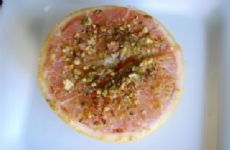
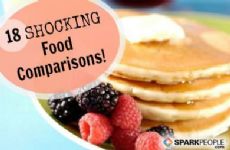
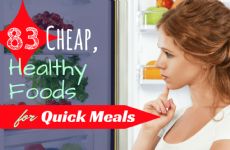
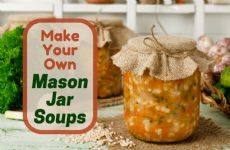





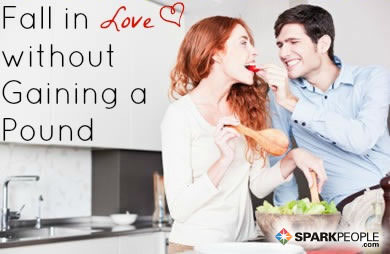
.jpg)
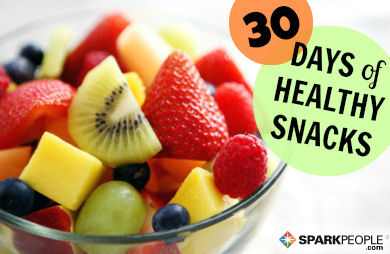

.jpg)